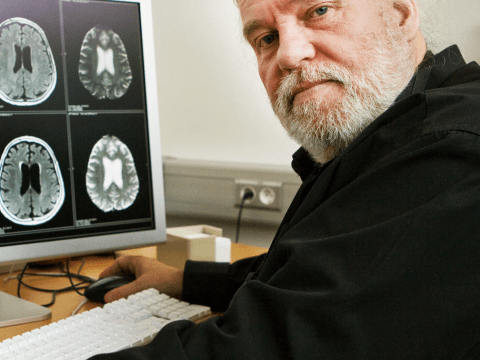
The fields of genomics, proteomics, metabolomics and systems biology aim to map and characterize biological variation that arises from the genome and/or environment and ultimately provide comprehensive understanding of the genotype phenotype relationship in living organisms in molecular detail.
While methodologically distinct, the fields all deal with the analysis of big data and are dependent upon robust bioinformatics and integrative experimental modelling approaches that are supported by the Biomedical Centers Bioinformatics Facility.








